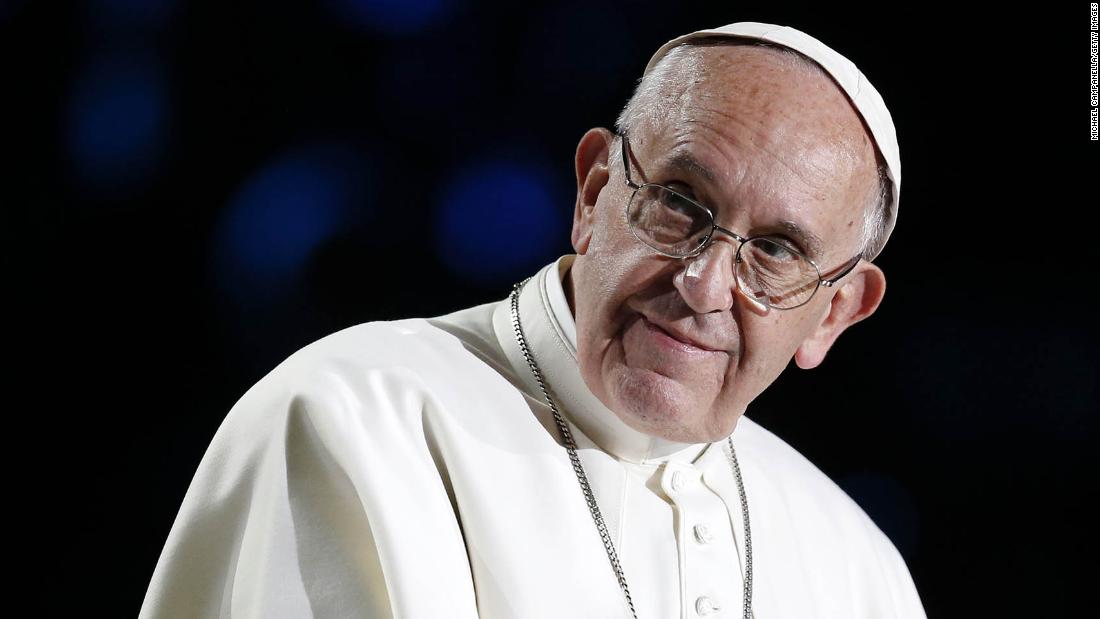On his flight back from Macedonia Pope Francis reported on the study he commissioned to look into the question of the historical precedent for female deacons.
One of the foremost proponents of this innovation is the feminist writer Phyllis Zagano. Dr. Zagano is the author of many articles and papers pushing for the ordination of women to the diaconate. She is the author of Holy Saturday – An Argument for the Restoration of the Female Diaconate in the Catholic Church. She served on the papal commission to study the subject and has been a tireless activist for the cause.
I’ve critiqued Zagano’s theological work here. The short version is that the push for women in the diaconate is transparently driven by a feminist ideology. The members of the commission studying the subject should be congratulated because it appears from the pope’s brief comments on the flight that they were not swayed by the feminist ideologues, but kept to their brief, which was simply to study the historical background to try to determine whether women were ordained as deacons or whether the ancient liturgies which were discovered (that commission or bless deaconesses) were something less than that.
Pope Francis said,
“For example, the formulas of female deacon ‘ordination’ found until now, according to the commission, are not the same for the ordination of a male deacon and are more similar to what today would be the abbatial blessing of an abbess,”
While the historical liturgies are important, there are other questions which arise. While it is important to know what the historical precedents are, it is also important to understand the whole context. It was important, for instance, that the commission not only discussed the ancient liturgies, but also discussed what the actual role of the deaconess was. Despite Ms Zagano’s passionate campaign, it would appear that deaconesses were simply called to assist female catechumens at baptism (which was received unclothed) and to assist pastorally with situations of domestic violence or distress.
What interests me is not only the historical background of deaconesses and the role of women in the church in the early days, but the role of women in the church today. The simple question is, “Do we actually need women deacons? What would they be able to do that laywomen cannot already do?” I wrote about this question here some time ago.
More women are involved in church leadership than ever before, and it seems a backward step, when we are all trying to de-clericalize the church, to institute yet another level of holy orders. In keeping with the second Vatican Council’s call for increased involvement of the laity, the best way forward is to continue to encourage all lay people–men and women to bring their various gifts, experience and expertise to the service of the church.
The second issue has nothing to do with women deacons, but everything to do with the feminist ideology driving this campaign. Anyone who has read the feminist theologians will admit that most of their writings are replete with a heterodox understanding of human anthropology, the incarnation, the role of the Blessed Virgin and the language used to refer to God. Seeking to destroy every vestige of patriarchy, the feminist theologians would undermine the very foundation of traditional Christian concepts.
The campaign for women deacons is not an innocent desire to restore an ancient tradition in the church. It is part of a larger, relentless campaign to change forever the essential truths of Christian life and worship.







Some English Professor/Teacher somewhere is beaming, your concluding paragraph perfectly summarizes the article.